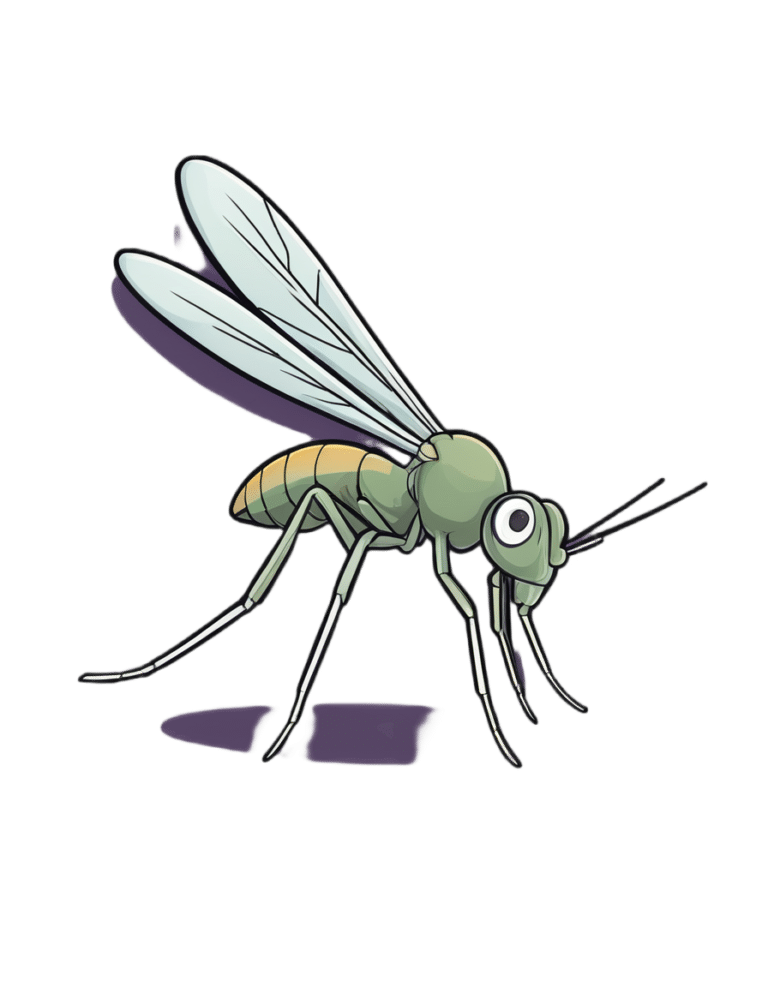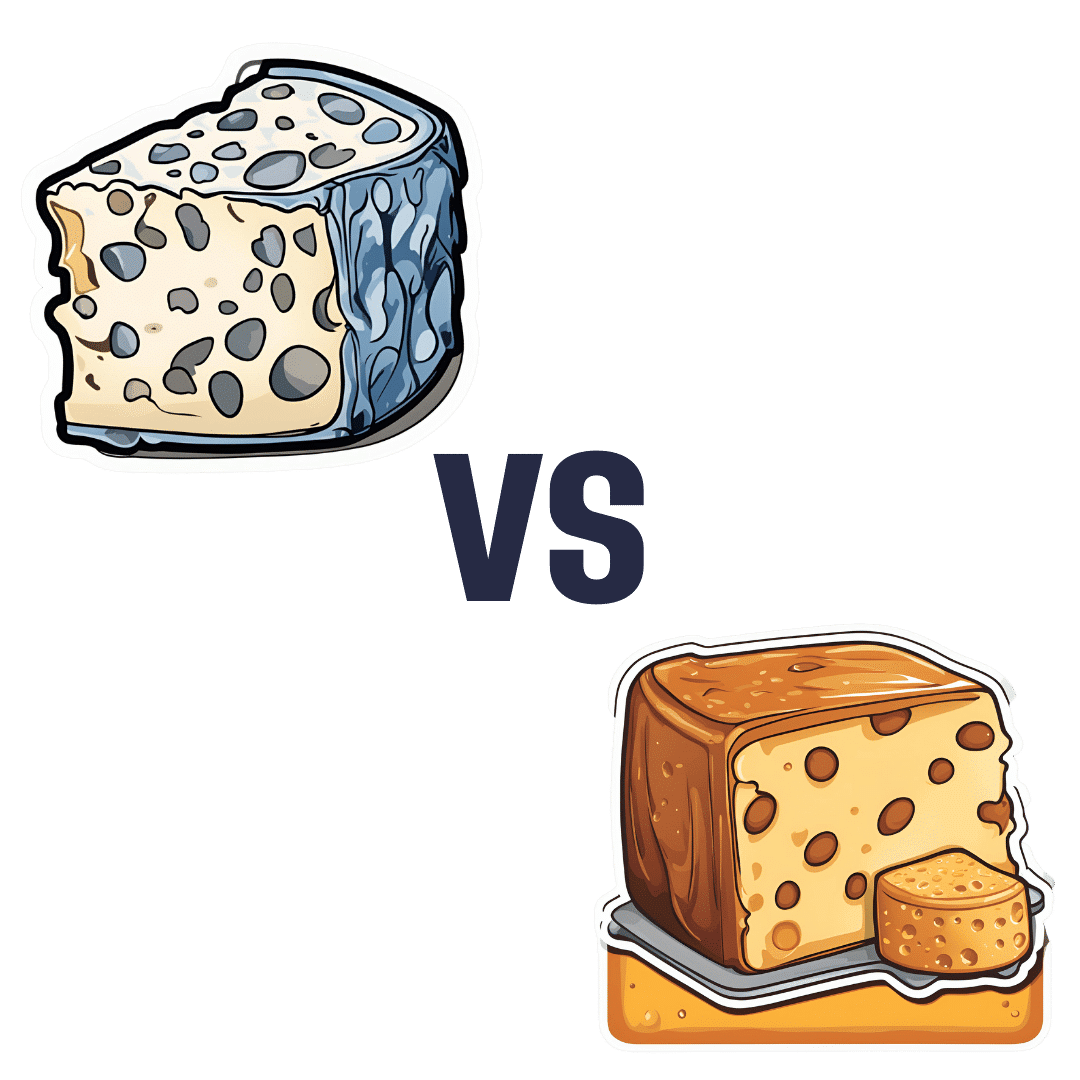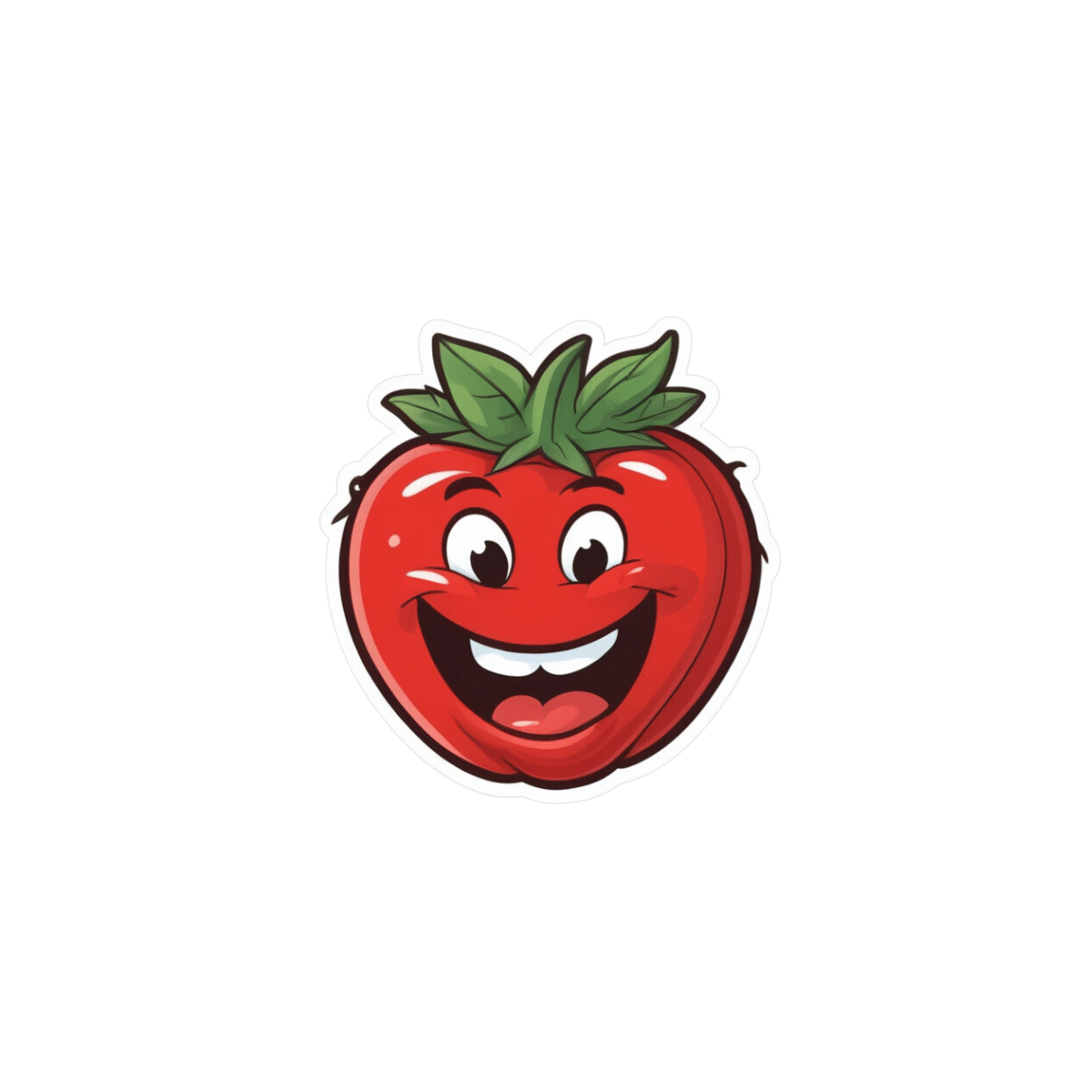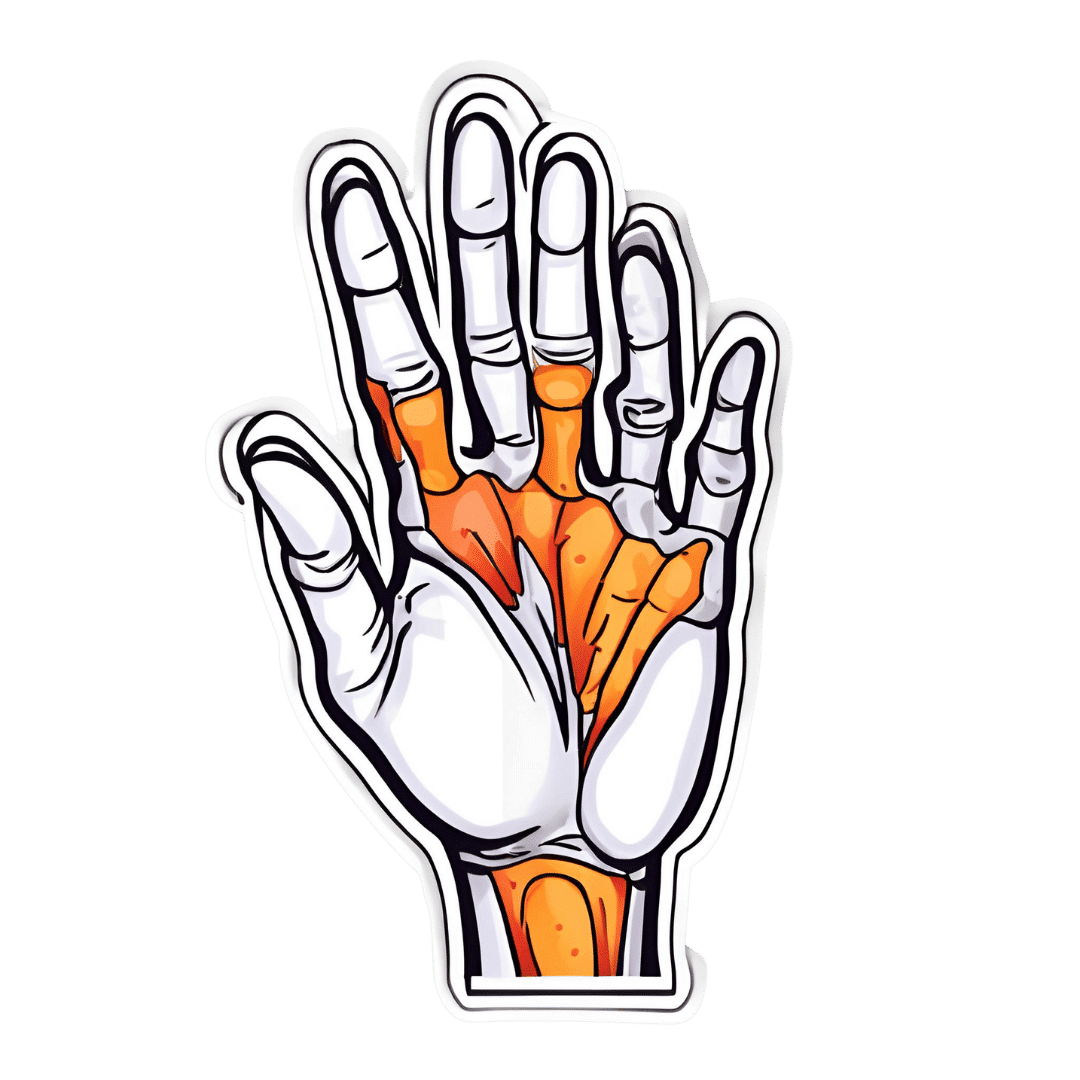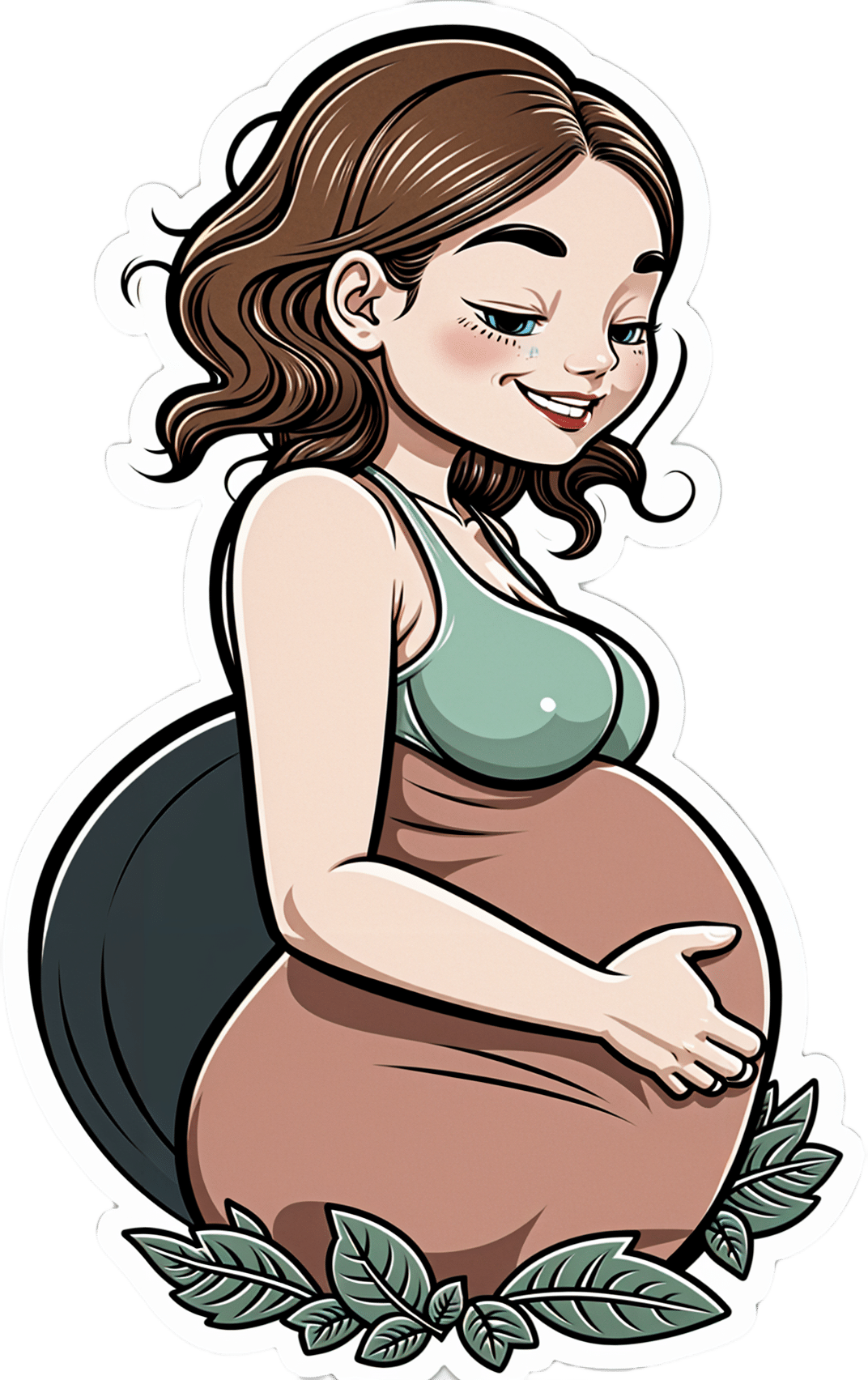
For women with antenatal depression, micronutrients might help them and their babies – new study
10almonds is reader-supported. We may, at no cost to you, receive a portion of sales if you purchase a product through a link in this article.

Julia J Rucklidge, University of Canterbury; Elena Moltchanova, University of Canterbury; Roger Mulder, University of Otago, and Siobhan A Campbell, University of Canterbury
Antenatal depression affects 15% to 21% of pregnant women worldwide. It can influence birth outcomes and children’s development, as well as increase the risk of post-natal depression.
Current treatments like therapy can be inaccessible and antidepressants can carry risks for developing infants.
Over the past two decades, research has highlighted that poor nutrition is a contributing risk factor to mental health challenges. Most pregnant women in New Zealand aren’t adhering to nutritional guidelines, according to a longitudinal study. Only 3% met the recommendations for all food groups.
Another cohort study carried out in Brazil shows that ultra-processed foods (UPF) accounted for at least 30% of daily dietary energy during pregnancy, displacing healthier options.
UPFs are chemically manufactured and contain additives to improve shelf life, as well as added sugar and salt. Importantly, they are low in essential micronutrients (vitamins and minerals).
The consumption of these foods is concerning because a nutrient-poor diet during pregnancy has been linked to poorer mental health outcomes in children. This includes depression, anxiety, hyperactivity, and inattention.
Increasing nutrients in maternal diets and reducing consumption of UPFs could improve the mental health of the mother and the next generation. Good nutrition can have lifelong benefits for the offspring.
However, there are multiple factors that mean diet change alone may not in itself be sufficient to address mental health challenges. Supplementing with additional nutrients may also be important to address nutritional needs during pregnancy.
Micronutrients as treatment for depression
Our earlier research suggests micronutrient supplements for depression have benefits outside pregnancy.
But until now there have been no published randomised controlled trials specifically designed to assess the efficacy and safety of broad-spectrum micronutrients on antenatal depression and overall functioning.
The NUTRIMUM trial, which ran between 2017 and 2022, recruited 88 women in their second trimester of pregnancy who reported moderate depressive symptoms. They were randomly allocated to receive either 12 capsules (four pills, three times a day) of a broad-spectrum micronutrient supplement or an active placebo containing iodine and riboflavin for a 12-week period.
Micronutrient doses were generally between the recommended dietary allowance and the tolerable upper level.
Based on clinician ratings, micronutrients significantly improved overall psychological functioning compared to the placebo. The findings took into account all noted changes based on self-assessment and clinician observations. This includes sleep, mood regulation, coping, anxiety and side effects.

Both groups reported similar reductions in symptoms of depression. More than three quarters of participants were in remission at the end of the trial. But 69% of participants in the micronutrient group rated themselves as “much” or “very much” improved, compared to 39% in the placebo group.
Participants taking the micronutrients also experienced significantly greater improvements in sleep and overall day-to-day functioning, compared to participants taking the placebo. There were no group differences on measures of stress, anxiety and quality of life.
Importantly, there were no group differences in reported side effects, and reports of suicidal thoughts dropped over the course of the study for both groups. Blood tests confirmed increased vitamin levels (vitamin C, D, B12) and fewer deficiencies in the micronutrient group.
Micronutrients were particularly helpful for women with chronic mental health challenges and those who had taken psychiatric medications in the past. Those with milder symptoms improved with or without the micronutrients, suggesting general care and monitoring might suffice for some women.
The benefits of micronutrients were comparable to psychotherapy but with less contact. There are no randomised controlled trials of antidepressant medication to compare these results.
Retention in the study was good (81%) and compliance excellent (90%).
Beyond maternal mental health
We followed the infants of mothers enrolled in the NUTRIMUM trial (who were therefore exposed to micronutrients during pregnancy) for 12 months, alongside infants from the general population of Aotearoa New Zealand.
This second group of infants from the general population contained a smaller sub-group who were exposed to antidepressant medication for the treatment of antenatal depression.
We assessed the neuro-behavioural development of each infant within the first four weeks of life, and temperament up to one year after birth.
These observational follow-ups showed positive effects of micronutrients on the infants’ ability to regulate their behaviour. These results were on par with or better than typical pregnancies, and better than treatments with antidepressants.

Infants exposed to micronutrients during pregnancy were significantly better at attending to external stimuli. They were also better able to block out external stimuli during sleep. They showed fewer signs of stress and had better muscle tone compared to infants not exposed to micronutrients.
They also displayed greater ability to interact with their environment. They were better at regulating their emotional state and had fewer abnormal muscle reflexes than infants exposed to antidepressant medication in pregnancy.
Reassuringly, micronutrients had no negative impact on infant temperament.
These findings highlight the potential of micronutrients as a safe and effective alternative to traditional medication treatments for antenatal depression.
The prenatal environment sets the foundation for a child’s future. Further investigation into the benefits of micronutrient supplementation would gives us more confidence in their use for other perinatal (from the start of pregnancy to a year after birth) mental health issues. This could provide future generations with a better start to life.
We would like to acknowledge the contribution of Dr Hayley Bradley to this research project.
Julia J Rucklidge, Professor of Psychology, University of Canterbury; Elena Moltchanova, Professor of Statistics, University of Canterbury; Roger Mulder, Professor of Psychiatry, University of Otago, and Siobhan A Campbell, Intern Psychologist, Researcher – Te Puna Toiora (Mental Health and Nutrition Research Lab), University of Canterbury
This article is republished from The Conversation under a Creative Commons license. Read the original article.
Don’t Forget…
Did you arrive here from our newsletter? Don’t forget to return to the email to continue learning!
Recommended
Learn to Age Gracefully
Join the 98k+ American women taking control of their health & aging with our 100% free (and fun!) daily emails:
-
Eat Move Sleep – by Tom Rath
10almonds is reader-supported. We may, at no cost to you, receive a portion of sales if you purchase a product through a link in this article.
The subtitle of this book, “how small choices lead to big changes“, is very much the idea that a lot of what we do here at 10almonds is about.
And the title itself, “Eat Move Sleep”? Well, that’s 3/5 of The Usual Five Things™ that we promote here (the other two being: reduce or eliminate alcohol, and don’t smoke). So, naturally this book got our attention.
One of the key ideas that Rath presents is that every action we take leads to a net gain or loss in health. The question then is: what are the biggest point-swingers? In other words, what are the places in our life where the smallest changes can make the biggest difference?
Rath looks at what parts of diet make the biggest difference to our health, and the findings there alone probably make reading the book worthwhile.
When it comes to movement, he actually flips this! For Rath, it’s less about how much exercise you get, and more about minimizing how long we spend not moving… And especially, minimizing how long we spend sitting. So, lots of little tweaks for that.
In the category of sleep: a key idea is that quality is as important as quantity, and there’s an aspect of bringing together as a synergistic routine. To finish off a productive day with good rest, and power up ready for the next morning.
In short: tying these items together—and focusing on the smallest choices that lead to the biggest changes—makes for quite a manifesto that we could describe as “Atomic Habits, for health specifically”.
Share This Post
-
How much time should you spend sitting versus standing? New research reveals the perfect mix for optimal health
10almonds is reader-supported. We may, at no cost to you, receive a portion of sales if you purchase a product through a link in this article.
People have a pretty intuitive sense of what is healthy – standing is better than sitting, exercise is great for overall health and getting good sleep is imperative.
However, if exercise in the evening may disrupt our sleep, or make us feel the need to be more sedentary to recover, a key question emerges – what is the best way to balance our 24 hours to optimise our health?
Our research attempted to answer this for risk factors for heart disease, stroke and diabetes. We found the optimal amount of sleep was 8.3 hours, while for light activity and moderate to vigorous activity, it was best to get 2.2 hours each.
Finding the right balance
Current health guidelines recommend you stick to a sensible regime of moderate-to vigorous-intensity physical activity 2.5–5 hours per week.
However mounting evidence now suggests how you spend your day can have meaningful ramifications for your health. In addition to moderate-to vigorous-intensity physical activity, this means the time you spend sitting, standing, doing light physical activity (such as walking around your house or office) and sleeping.
Our research looked at more than 2,000 adults who wore body sensors that could interpret their physical behaviours, for seven days. This gave us a sense of how they spent their average 24 hours.
At the start of the study participants had their waist circumference, blood sugar and insulin sensitivity measured. The body sensor and assessment data was matched and analysed then tested against health risk markers — such as a heart disease and stroke risk score — to create a model.
Using this model, we fed through thousands of permutations of 24 hours and found the ones with the estimated lowest associations with heart disease risk and blood-glucose levels. This created many optimal mixes of sitting, standing, light and moderate intensity activity.
When we looked at waist circumference, blood sugar, insulin sensitivity and a heart disease and stroke risk score, we noted differing optimal time zones. Where those zones mutually overlapped was ascribed the optimal zone for heart disease and diabetes risk.
You’re doing more physical activity than you think
We found light-intensity physical activity (defined as walking less than 100 steps per minute) – such as walking to the water cooler, the bathroom, or strolling casually with friends – had strong associations with glucose control, and especially in people with type 2 diabetes. This light-intensity physical activity is likely accumulated intermittently throughout the day rather than being a purposeful bout of light exercise.
Our experimental evidence shows that interrupting our sitting regularly with light-physical activity (such as taking a 3–5 minute walk every hour) can improve our metabolism, especially so after lunch.
While the moderate-to-vigorous physical activity time might seem a quite high, at more than 2 hours a day, we defined it as more than 100 steps per minute. This equates to a brisk walk.
It should be noted that these findings are preliminary. This is the first study of heart disease and diabetes risk and the “optimal” 24 hours, and the results will need further confirmation with longer prospective studies.
The data is also cross-sectional. This means that the estimates of time use are correlated with the disease risk factors, meaning it’s unclear whether how participants spent their time influences their risk factors or whether those risk factors influence how someone spends their time.
Australia’s adult physical activity guidelines need updating
Australia’s physical activity guidelines currently only recommend exercise intensity and time. A new set of guidelines are being developed to incorporate 24-hour movement. Soon Australians will be able to use these guidelines to examine their 24 hours and understand where they can make improvements.
While our new research can inform the upcoming guidelines, we should keep in mind that the recommendations are like a north star: something to head towards to improve your health. In principle this means reducing sitting time where possible, increasing standing and light-intensity physical activity, increasing more vigorous intensity physical activity, and aiming for a healthy sleep of 7.5–9 hours per night.
Beneficial changes could come in the form of reducing screen time in the evening or opting for an active commute over driving commute, or prioritising an earlier bed time over watching television in the evening.
It’s also important to acknowledge these are recommendations for an able adult. We all have different considerations, and above all, movement should be fun.
Christian Brakenridge, Postdoctoral research fellow at Swinburne University Centre for Urban Transitions, Swinburne University of Technology
This article is republished from The Conversation under a Creative Commons license. Read the original article.
Share This Post
-
Blue Cheese vs Brunost – Which is Healthier?
10almonds is reader-supported. We may, at no cost to you, receive a portion of sales if you purchase a product through a link in this article.
Our Verdict
When comparing blue cheese to brunost, we picked the brunost.
Why?
First, for the unfamiliar, as brunost isn’t necessarily as popular as blue cheese in N. America where most of our readers are:
Brunost, literally “brown cheese” is a traditional Norwegian affair made from aggressively boiling milk, cream, and whey in an iron cauldron. Whereas the blue in blue cheese comes from mold, the brown in brown cheese comes from caramelizing the milk sugars in the cauldron. When we say “cauldron”, yes, there is nowadays mass-produced brunost that is no longer made in something that could be mistaken for a witch’s brew, but the use of cast iron is actually important to the process, and has been the subject of regulatory controversy in Norway; first the cast iron was abandoned, then because that changed the cheese they fortified the product with added iron supplementation, then that was banned, then they reversed it because it affected iron levels in the general population. Nowadays, it is usually made with iron, one way or another.
Ok, so let’s see how they stack up against each other:
In terms of macronutrients, the two cheeses are comparable in fat, but brunost has more carbs—because whereas bacteria (and to a lesser extent, the mold) ate nearly all the carbs in the blue cheese, the caramelization of the milk sugars in brunost meant the result stayed higher in carbs. Both are considered “low GI” foods, but this category is still at least a moderate win for blue cheese.
When it comes to vitamins, brunost is higher in vitamins A, B1, B2, B3, B5, B6, and B12, while blue cheese is higher in vitamin B9. In other words, a clear and easy win for brunost.
In the category of minerals, brunost has more copper, iron, magnesium, manganese, phosphorus, and potassium. Meanwhile, blue cheese contains more zinc, although we can also mention that blue cheese has about 2x the sodium, which is generally not considered a benefit. The two cheeses are about equal in calcium and selenium. Adding these up makes for another clear and easy win for brunost.
In short, unless you are strongly avoiding [even low-GI foods’] carbs for some reason, brunost wins the day by virtue of its overwhelmingly better vitamin and mineral content.
Still, like most fermented dairy products, both cheeses can be enjoyed in moderation as part of a healthy diet (assuming you don’t have an allergy/intolerance).
Want to learn more?
You might like to read:
Take care!
Share This Post
Related Posts
-
Holistic Approach To Resculpting A Face Affected By Hypothyroidism, PCOS, Or Menopause
10almonds is reader-supported. We may, at no cost to you, receive a portion of sales if you purchase a product through a link in this article.
Mila Magnani has PCOS and hypothyroidism, but the principles are the same for menopause because both menopause and PCOS are a case of a hormone imbalance resulting in androgenic effects, so there’s a large amount of overlap.
Obviously, a portion of the difference in the thumbnail is a matter of angle and make-up, but as you can see in the video itself, there’s also a lot of genuine change underneath, too:
Stress-free method
Firstly, she bids us get lab tests and work with a knowledgeable doctor to address potential thyroid, hormonal, or nutrient imbalances. Perhaps we already know at least part of what is causing our problems, but even if so, it doesn’t hurt to take steps to rule the others out. Imagine spending ages unsuccessfully battling PCOS or menopause, only to discover it was a thyroid issue, and you were fighting the wrong battle!
Magnani used a natural route to manage her PCOS and hypothyroidism, while acknowledging that medication is fine too; it’s usually cheaper and more convenient—and there’s a lot more standardization for medications than there is for supplements, which makes it a lot easier to navigate, find what works, and keep getting the exact same thing once it does work.
Other things she recommends include:
- Lymphatic drainage: addressing the lymphatic system to reduce puffiness. Techniques include lymphatic drainage massage, stretching, rebounding (trampoline), and dry brushing. She emphasizes that for facial de-puffing, it’s important to treat the whole upper body, not just the face.
- Low-impact exercise: she switched from high-intensity workouts to low-impact exercises like nature walking and gentle stretching to reduce stress and improve health.
- Nervous system regulation: she worked on nervous system regulation by means of journaling, breathwork, and stimulating the vagus nerve, which improved sleep and reduced stress and anxiety. These things, of course, have knock-on benefits for almost every part of health.
- Diet: she adopted a low-glycemic diet, reduced salt intake, and cooked at home to avoid water retention caused by high sodium in restaurant meals.
- Natural diuretics: she uses teas like hibiscus and chamomile to reduce puffiness after consuming high-sodium foods.
- Sauna and sweating: consider a sauna mat or hot baths to detox and reduce swelling; that’s what she uses in lieu of a convenient sauna.
You may be wondering how quickly you can expect results: it took 3–6 months of daily effort to see significant changes, and she now maintains the routine less frequently (every 2–3 days, instead of daily).
For more on all this, enjoy:
Click Here If The Embedded Video Doesn’t Load Automatically!
Want to learn more?
You might also like to read:
- What Does “Balance Your Hormones” Even Mean?
- 7-Minute Face Fitness For Lymphatic Drainage & Youthful Jawline
- Saunas: Health Benefits (& Caveats)
Take care!
Don’t Forget…
Did you arrive here from our newsletter? Don’t forget to return to the email to continue learning!
Learn to Age Gracefully
Join the 98k+ American women taking control of their health & aging with our 100% free (and fun!) daily emails:
-
Lycopene’s Benefits For The Gut, Heart, Brain, & More
10almonds is reader-supported. We may, at no cost to you, receive a portion of sales if you purchase a product through a link in this article.
What Doesn’t Lycopene Do?
Lycopene is an antioxidant carotenoid famously found in tomatoes; it actually appears in even higher levels in watermelon, though. If you are going to get it from tomato, know that cooking improves the lycopene content rather than removing it (watermelon, on the other hand, can be enjoyed as-is and already has the higher lycopene content).
Antioxidant properties
Let’s reiterate the obvious first, for the sake of being methodical and adding a source. Lycopene is a potent antioxidant with multiple health benefits:
Lycopene: A Potent Antioxidant with Multiple Health Benefits
…and as such, it does all the things you might reasonably expect and antioxidant to do. For example…
Anti-inflammatory properties
In particular, it regulates macrophage activity, reducing inflammation while improving immune response:
Lycopene Regulates Macrophage Immune Response through the Autophagy Pathway Mediated by RIPK1
As can be expected of most antioxidants and anti-inflammatory agents, it also has…
Anticancer properties
Scientific papers tend to be “per cancer type”, so we’re just going to give one example, but there’s pretty much evidence for its utility against most if not all types of cancer. We’re picking prostate cancer though, as it’s one that’s been studied the most in the context of lycopene intake—in this study, for example, it was found that men who enjoyed at least two servings of lycopene-rich tomato sauce per week were 30% less likely to develop prostate cancer than those who didn’t:
Dietary lycopene intake and risk of prostate cancer defined by ERG protein expression
If you’d like to see something more general, however, then check out:
Potential Use of Tomato Peel, a Rich Source of Lycopene, for Cancer Treatment
It also fights Candida albicans
Ok, this is not (usually) so life-and-death as cancer, but reducing our C. albicans content (specifically: in our gut) has a lot of knock-on effects for other aspects of our health, so this isn’t one to overlook:
The title does not make this clear, but yes: this does mean it has an antifungal effect. We mention this because often cellular apoptosis is good for an overall organism, but in this case, it simply kills the Candida.
It’s good for the heart
A lot of studies focus just on triglyceride markers (which lycopene improves), but more tellingly, here’s a 10-year observational study in which diets rich in lycopene were associated to a 17–26% lower risk of heart disease:
Relationship of lycopene intake and consumption of tomato products to incident CVD
…and a 39% overall reduced mortality in, well, we’ll let the study title tell it:
…which means also:
It’s good for the brain
As a general rule of thumb, what’s good for the heart is good for the brain (because the brain needs healthy blood flow to stay healthy, and is especially vulnerable when it doesn’t get that), and in this case that rule of thumb is also borne out by the post hoc evidence, specifically yielding a 31% decreased incidence of stroke:
Dietary and circulating lycopene and stroke risk: a meta-analysis of prospective studies
Is it safe?
As a common food product, it is considered very safe.
If you drink nothing but tomato juice all day for a long time, your skin will take on a reddish hue, which will go away if you stop getting all your daily water intake in tomato juice.
In all likelihood, even if you went to extremes, you would get sick from the excess of vitamin A (generally present in the same foods) sooner than you’d get sick from the excess of lycopene.
Want to try some?
We don’t sell it, and also we recommend simply enjoying tomatoes, watermelons, etc, but if you do want a supplement, here’s an example product on Amazon
Enjoy!
Don’t Forget…
Did you arrive here from our newsletter? Don’t forget to return to the email to continue learning!
Learn to Age Gracefully
Join the 98k+ American women taking control of their health & aging with our 100% free (and fun!) daily emails:
-
7 Essential Devices For Hand Arthritis: Regain Control of Your Life
10almonds is reader-supported. We may, at no cost to you, receive a portion of sales if you purchase a product through a link in this article.
Dr. Diana Girnita is a double board-certified physician in rheumatology and internal medicine. With a PhD in immunology (on top of her MD), and training at Harvard and top universities, she founded Rheumatologist OnCall, offering integrative medicine to broaden rheumatology access. Here’s what she has to say about things that make life easier:
Get your hands on these…
The seven devices that Dr. Girnita recommends are:
- Hand grip strengthener: helps build grip strength with a spring-loaded mechanism. Regular use can improve strength and reduce pain.
- Finger exerciser: different device; similar principle: it strengthens hand and finger muscles using resistance, enhancing hand function.
- Moisturizing paraffin bath: a heated paraffin wax bath that soothes hands, providing heat therapy and moisturizing the skin.
- Weighted silverware: weighted utensils (knives, forks, spoons) make gripping easier and provide stability for eating.
- Foam tubing grips: foam covers to make kitchen tools, toothbrushes, and hairbrushes easier to grip.
- Electric can-opener: reduces strain in opening cans, making meal preparation more accessible.
- Compression gloves: provide gentle compression to reduce swelling and pain, improving hand flexibility and circulation.
- Door knob cover grips: make it easier to turn doorknobs by providing a larger surface to grip.
- Wider-grip pens: ergonomically designed pens with a larger diameter and softer grip reduce hand strain while writing.
This writer, who does not have arthritis but also does not have anything like the grip strength she used to, also recommends a jar opener like this one.
As a bonus, if you spend a lot of time writing at a computer, an ergonomic split keyboard like this one goes a long way to avoiding carpal tunnel syndrome, and logically must be better for arthritis than a regular keyboard; another excellent thing to have (that again this writer uses and swears by) is an ergonomic vertical mouse like this one (aligns the wrist bones correctly; the “normal” horizontal version is woeful for the carpal bones). These things are both also excellent to help avoid worsening peripheral neuropathy (something that troubles this writer’s wrists if she’s not careful, due to old injuries there).
For more on the seven things otherwise listed above, enjoy:
Click Here If The Embedded Video Doesn’t Load Automatically!
Want to learn more?
You might also like to read:
- Avoiding/Managing Rheumatoid Arthritis
- Avoiding/Managing Osteoarthritis
- Managing Chronic Pain (Realistically!)
Take care!
Don’t Forget…
Did you arrive here from our newsletter? Don’t forget to return to the email to continue learning!
Learn to Age Gracefully
Join the 98k+ American women taking control of their health & aging with our 100% free (and fun!) daily emails:

